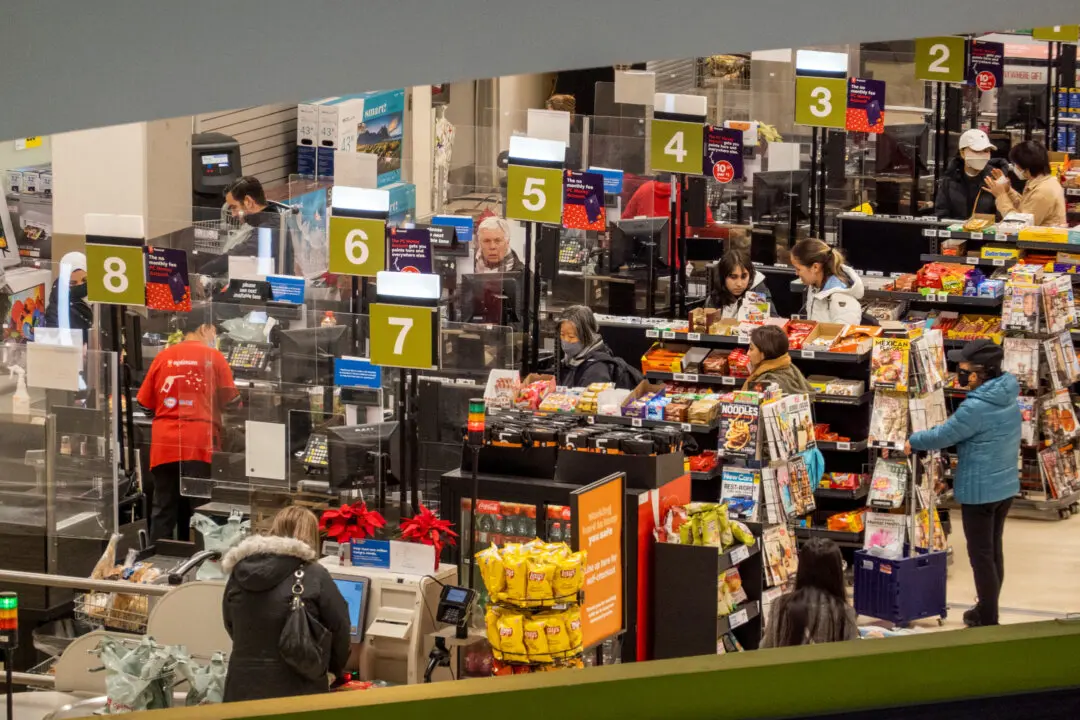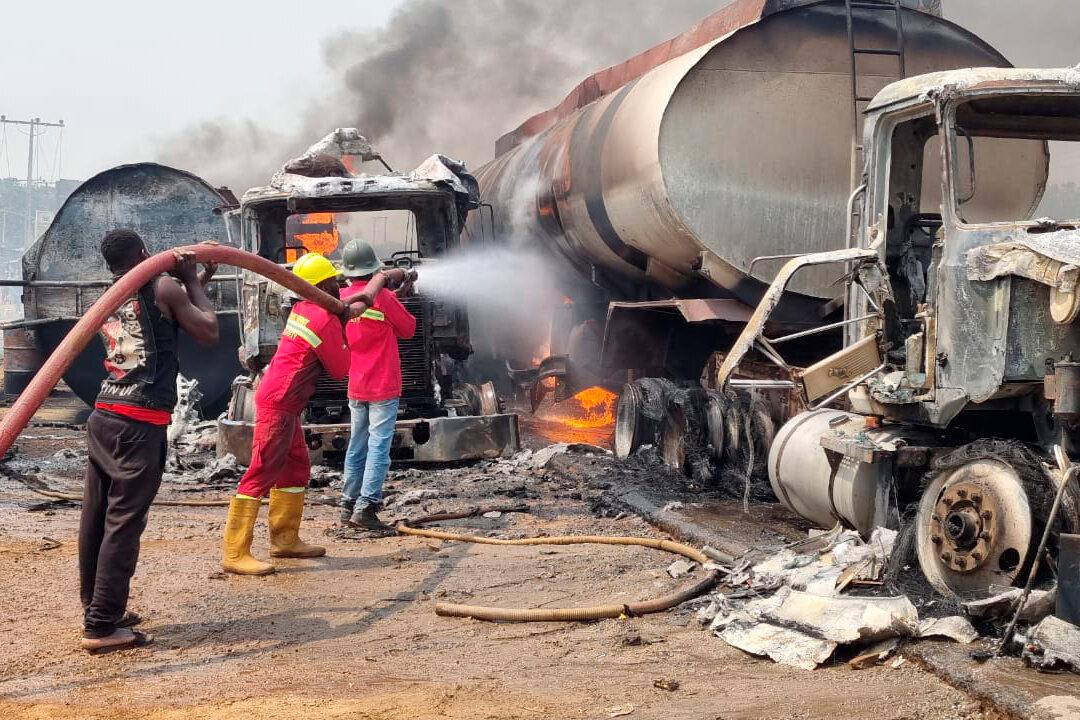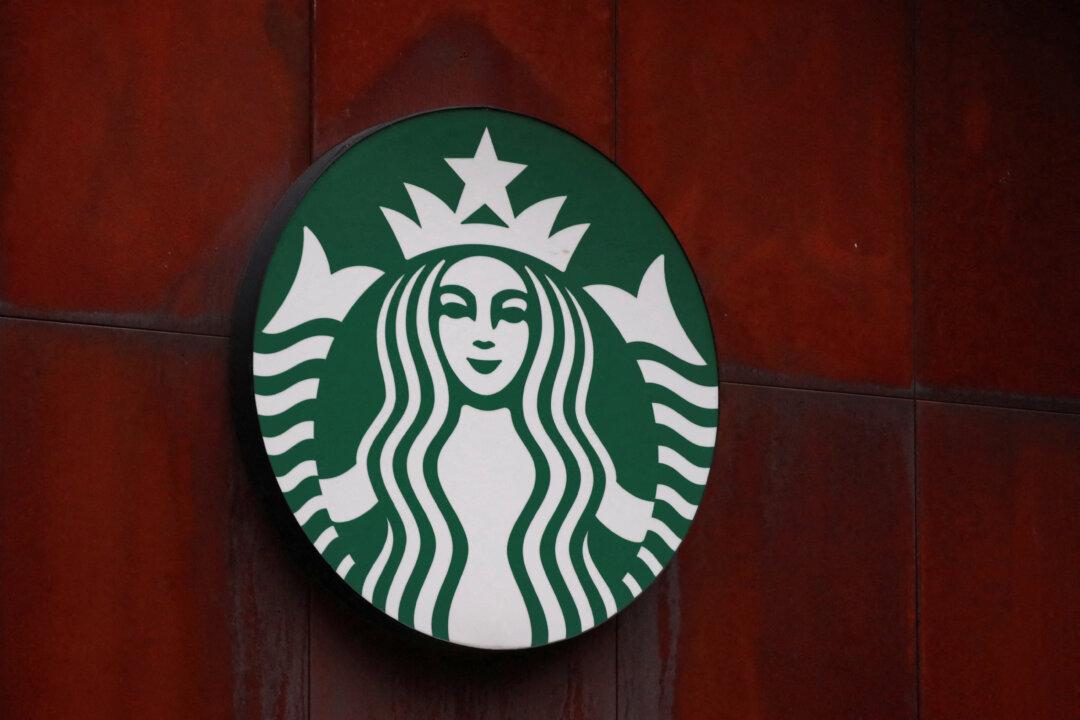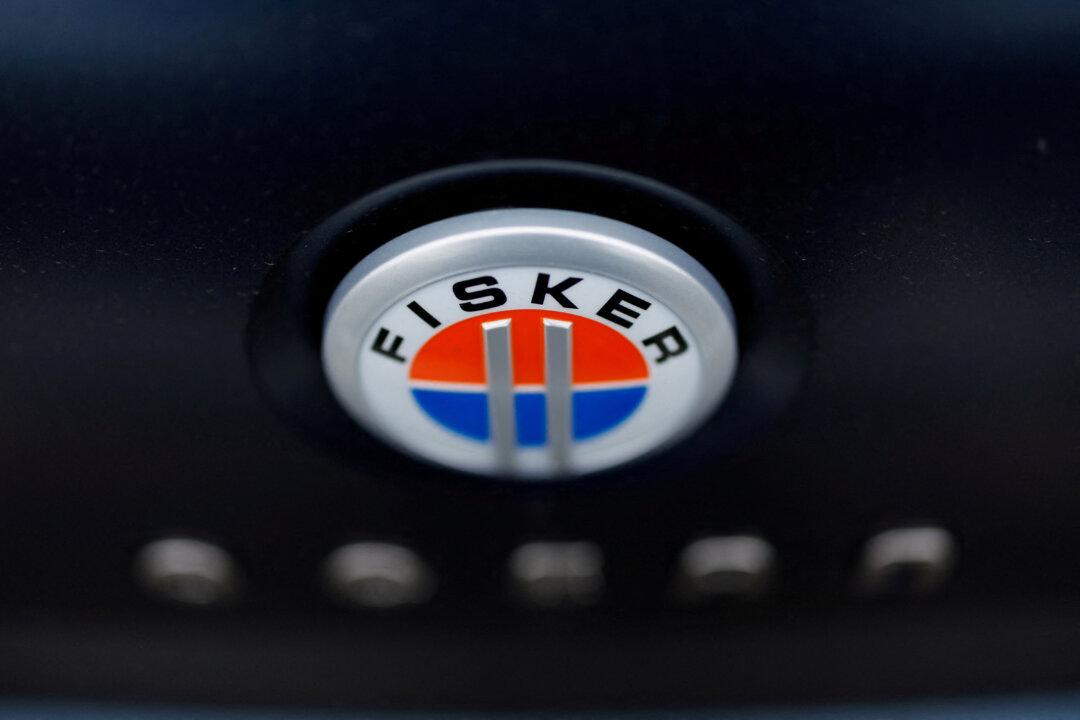WASHINGTON—The chairman of the U.S. National Transportation Safety Board (NTSB) on Nov. 19 criticized Uber Technologies Inc. for its “ineffective safety culture” at the time of a March 2018 fatal self-driving car crash in Arizona.
NTSB Chairman Robert Sumwalt said “the inappropriate actions of both the automatic driving system as implemented and the vehicle’s human operator were symptoms of a deeper problem” citing the “ineffective safety culture that existed at the time of Uber.”
Recommendations the NTSB is making are likely to reverberate across the industry. The first-ever death attributed to an autonomous vehicle prompted significant safety concerns about the nascent self-driving car industry, which is working to get vehicles into commercial use.
The crash killed 49-year-old Elaine Herzberg as she was walking a bicycle across a street at night in Tempe, Arizona.
The NTSB previously disclosed the vehicle had significant software flaws, noting the software failed to properly identify her as a pedestrian and did not include consideration for jaywalking pedestrians. Uber had also deactivated a Volvo automatic emergency braking system in the XC90 test vehicle it had modified.
The NTSB said on Nov. 19 it planned to identify the need for “safety risk management requirements for testing automated vehicles on public roads” signaling a broader question about how advanced vehicles are tested and U.S. government oversight.
In the aftermath of the crash, Uber suspended all testing and did not resume until December in Pennsylvania with revised software and significant new restrictions and safeguards.
A spokeswoman for Uber’s self-driving car effort, Sarah Abboud, did not comment immediately Nov. 19 but said earlier the company has “adopted critical program improvements to further prioritize safety.”
In March, prosecutors in Arizona said Uber was not criminally liable in the self-driving crash. Police have investigated whether the safety driver who was behind the wheel and supposed to respond in the event of an emergency should face criminal charges.
Police have said the crash was “entirely avoidable” and that the backup driver was watching “The Voice” TV program at the time of the crash.





